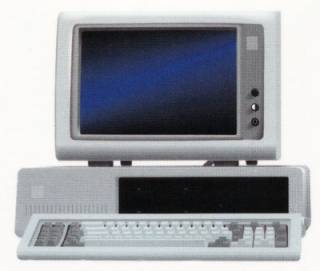@extomar said:
...and Bulldozer was a mess (some call it a disaster but I wouldn't go that far)....
A processor that no longer offered a price/performance advantage to the main subset of people who looked to AMD for that very reason, single thread performance that lagged behind the previous generation of AMD CPUs, multithread performance that at best tied Intel's mainline offerings (at a worse price point), and extreme power consumption in comparison to Sandy Bridge (especially when overclocked)? What part of Bulldozer wasn't a disaster? Was it the part where some FX chips threw a fit with Steam, of all things, and AMD needed to release a BIOS update to certain boards to handle it? Or the part where, in trying to show that the sky isn't falling, they had to release charts which showed that yes, under some applications, these new chips could beat the old ones?
When you cut to the heart of the matter, Bulldozer was an absolute nightmare for a person wanting an AMD CPU in their system, for whatever reason. The 2500K (and to a lesser extent, the rest of Sandy Bridge), allowed Intel to laugh all the way to the bank even louder than they usually do, because if you are giving up the price/performance crown to them, of all things, what did AMD have left to fight back with? In that generation, nothing.
I don't want AMD to die. Choice is only ever a good thing. And I know AMD is never going to be able to topple Intel in a performance battle; even in their heyday, it was a brutal race. But Intel learned well from their failures, and I want to see AMD do the same by winning back the small market segment they had (price/performance minded consumers) and by taking a page from Intel's book and integrating some aspect of their competitors strategy for their benefit. Itanium was a total flop, so Intel nabbed x86-64. AMD needs a similar caliber move if they want to stay relevant in the mainstream CPU game, and they need to be a lot lighter on their feet if they want to avoid missing out on opportunities like they did with netbooks.

Log in to comment